SDP-SF Workshop: Sense, Disrupt, and Prevent the Trade of Substandard/Falsified Medical Products.
May 03, 2021 | 08:00 – 11:00 am US EST | 14:00 – 17:00 Central European time
May 04, 2021 | 08:00 – 11:00 am US EST | 14:00 – 17:00 Central European time
About the Workshop
The goal of this workshop is to bring together partners from diverse backgrounds with whom we have been collaborating during the last few months to document challenges and opportunities for sensing, disrupting, and preventing the trade in substandard/falsified medical products. The participants come from pharmaceutical companies, medical device makers, regulatory and law enforcement agencies, international organizations, and academics from different disciplines.
We will begin each of our two days with a keynote speaker (Dr Wendi Nilsen, National Science Foundation and Prof. Paul Newton, Oxford University). We will then proceed with three panel discussions moderated by members of the Financial Network Disruptions in Illicit and Counterfeit Medicines Trade (FIND-M) Team. All sessions will start with 2-minute answers by each panelist to three questions, before opening up the meeting for discussion. Each panel session will last about 50 minutes.
The Workshop Proceedings are available as an NU Tech Rep by clicking on the Workshop link above.
Keynote speakers
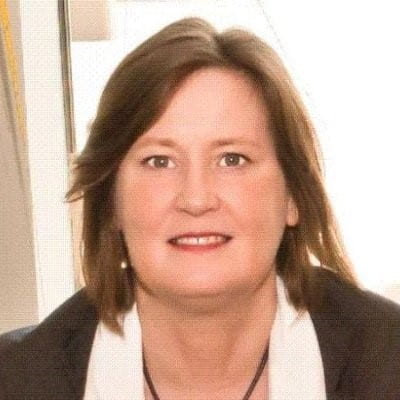
Wendy Nilsen
Acting Deputy Division Director Information and Intelligent Systems Computer & Information Science & Engineering Directorate National Science Foundation

Paul Newton
Oxford University
Schedule
May 03, 2021
08:05 – 08:25 AM EST
Keynote Address
with Wendy Nilsen
The Time for New Methods for Detecting Counterfeit or Substandard Medical Products is Now
Counterfeit or substandard medical products have been traditionally considered a problem for low and middle income countries only. Increasingly, data suggests that these issues are applicable in all countries, including the United States. Authenticity and quality issues arise from the international aspects of the medical supply chains, which has many involved agents and possible points of access. Thus, conventional tracking of medications is no longer effective in these vast medical supply chains and new methods for tracking authenticity and quality, understanding the full supply chain and, ultimately, disrupting adverse elements of the supply chain are needed. This talk will focus on the need for new methods and diverse research teams to address counterfeit or substandard medical products.
08:30 – 09:20 AM EST
Panel Discussion I:
Surveillance Data
with Ioannis A. Kakadiaris
Panel Participants: Leigh Verbois (FDA), Chuck Forsaith (PCSC), Todd Ratcliff (PSI), Dean Geribo (Moderna)
In this panel, we will be examining the role of monitoring. The specific questions to start the discussion are detailed below. The expected outcome is for all participants to understand the challenges and opportunities of monitoring.
Before the panel: The panel moderator will provide a template pptx and ask each panelist to capture her/his answers to the file
During the panel: The panel moderator will ask each panelist to present their answers to each question. The panel moderator may have a follow-up question clarification, and similarly, any panelist can ask a clarifying question. After the panelist presentations, the discussion will be opened to the virtual audience for any questions.
Questions:
- What sources do you monitor for obtaining leads for illegal medical products?
- Has COVID19 changed your strategy? Did you add any new sources?
- If you could have any data you want, to which data sources would you like access?
- How would you use the data above?
09:20 – 10:10 AM EST
Panel Discussion II:
Network Analysis & Antimicrobial Resistance
with Ravi Sundaram
Panel Participants: Anil Vullikanti (U of Virginia), Kevin Outterson (Boston University; CARB-X)
While experts agree that vaccines are going to bring much needed relief in COVID-19, there is little room for complacency. Whether the strategies to combat are at a biogenetic level (e.g. triggering of immune system) or use different therapeutic avenues (e.g. use of prophylactics and therapeutics), the risk of therapies losing their efficacy can unravel at our individual and collective level. While there has been some discussion on efficacy of vaccines, and the science and politics around it, one major issue, i.e. the presence of substandard and falsified (SF) products often gets overlooked. SF vaccines and SF antibiotics have several overlapping aspects that need to be considered. These include: 1. Individuals getting a potentially dangerous injection; 2. Individuals thinking that they are vaccinated & change their behavior, but are not actually protected, which both harms them and people they infect; 3. Confidence in vaccines is weakened; and 4. The vaccine sponsor does not receive revenues, therefore undermining innovation incentives. The issue of SF products on global public health emergencies, from COVID to AMR remains both poorly understood and deprioritized. We hope to explore the role of federal agencies (e.g. FDA), academia, and industry in thinking about SF products and global challenges of drug resistance and epidemics in this session.
Questions:
1. SF and AMR: how to effectively prove causation through policy and surveillance?
- What data do we need to instantiate network-based models that integrate disease-spread with traffic in SF goods?
- Given a world with endemic Covid (and other pandemics) what is a viable long-term strategy to keep AMR at bay?
10:10 – 11:00 AM EST
Rendering Justice, Deterring Crime
with Nikos Passas
Panel Participants: Tom Kubic (PSI), Rob McGinnis (Thomson Reuters Special Services), Phil DeLuca (former JPM Chase and USB)
The trade in SF medical products is complex and involves diverse actors (criminal groups, grey markets, legal organizations, etc.). Some operators are sophisticated, operated across national borders and manage to escape detection and punishment. Sometimes, local capacity, inadequate resources or asymmetric priorities around the world create additional challenges, so even when investigative leads are available, inquiries do not go far enough. In other instances, those who need to know do not have access to helpful information.
Questions:
1. How has the pandemic affected the patterns and trends in SF medical products?
- What legal problems need to be addressed (intl/national level); and what are the highest priorities?
- What challenges and opportunities are there for better enforcement of existing legal and regulatory frameworks? How can academic work and research assist in that process?
May 04, 2021
08:05 – 08:25 AM EST
Keynote Address
with Paul Newton
Quality of Medical Products: Detection of substandard and falsified medical products in supply chains
08:30 – 09:20 AM EST
Panel Discussion I:
Authentication Technology
with Mansoor Amiji
Panel Participants: Stanislas Barro (Novartis), Anis Khimani (PerkinElmer), Alex Russell (University of Connecticut)
Effective technological solutions that can serve to authenticate medical products, including pharmaceuticals, vaccines, and devices are urgently needed to combat the surge of counterfeit and substandard (SF) medical products. This panel discussion will focus on current and emerging solutions – including chemical identification methods, overt branding approaches, covert approaches, and emerging areas such as 3D mapping, AI and machine learning tools, and block chain approaches. Solutions that can be adopted both in developed as well as developing nations and those that empower consumers are needed.
Questions:
- What are current challenges and areas of opportunities?
- How can academic partnerships support further development and adoption?
- Are there “best practices” that the panel members can share?
09:20 – 10:10 AM EST
Panel Discussion II:
PPP for Pandemics and Micro-epidemics
with Muhammad Zaman
Panel Participants: Rumina Hasan (Aga Khan University), Paul Newton (Oxford University), Geoffroy Bessaud (U of Paris-Saclay/former Sanofi), Pernette Bourdillion Esteve TBC (WHO)
While the news cycles have been focused on COVID-19, micro-epidemics around the world continue to undermine the local health systems. Some of these are driven by the widespread use of poor quality medical products (including reusing syringe needles that are associated with HIV micro-epidemics in Pakistan, India and elsewhere). In this panel, we are focused on both surveillance and enforcement of good practices. We will also touch upon data gathering, data sharing and data quality.
Questions:
- What are current challenges in monitoring micro-epidemics?
- In the post-COVID world, what major challenges in quality of medical products do you anticipate?
- How reliable is the data coming from rural areas in LMICs? and what are you doing to improve surveillance and data quality.
10:10 – 11:00 AM EST
Panel Discussion III:
Transnational Law & Cross-border Crime
with Nikos Passas
Panel Participants: Oscar Alarcon (Council of Europe), Riikka Puttonen (UNODC), Mick Deats (former MHRA/WHO)
The Council of Europe’s Medicrime convention is the only international instrument that addresses directly the problem of the manufacture, distribution and sale of SF medical products and related offenses, such as false documentation. However, only 19 countries have ratified this convention, which leaves most of the world trying to deal with this serious problem by resorting to the UN conventions, regional conventions or bilateral agreements. The closest instrument may be the UN convention against transnational organized crime (UNTOC). It contains very helpful international cooperation provisions that can be used as a legal basis for 190 countries to work with each other. However, this requires 3 or more people working together as an “organized crime group” to commit cross-border for-profit offenses carrying a penalty of at least four years in prison. As many countries do not provide for such penalties or their laws are insufficiently harmonized, the UNTOC cannot be used. Other options include the resort to conventions against corruption or terrorism, but it is unclear how strong such efforts are and what results they have achieved. This session will review the current state of affairs and outline the best options for an enhanced legal framework for international cooperation against the trade in SF medical products.
Questions:
- What efforts are made for the ratification and implementation of the Medicrime Convention?
- Are UN conventions (e.g., against transnational organized crime and corruption) used by countries to facilitate international cooperation against the trade of SF medical products?
- Based on current experience and ongoing projects, what appear to be the most promising and realistic paths forward to deal with the trade in SF medical products?
Moderators
Meet Our Moderators
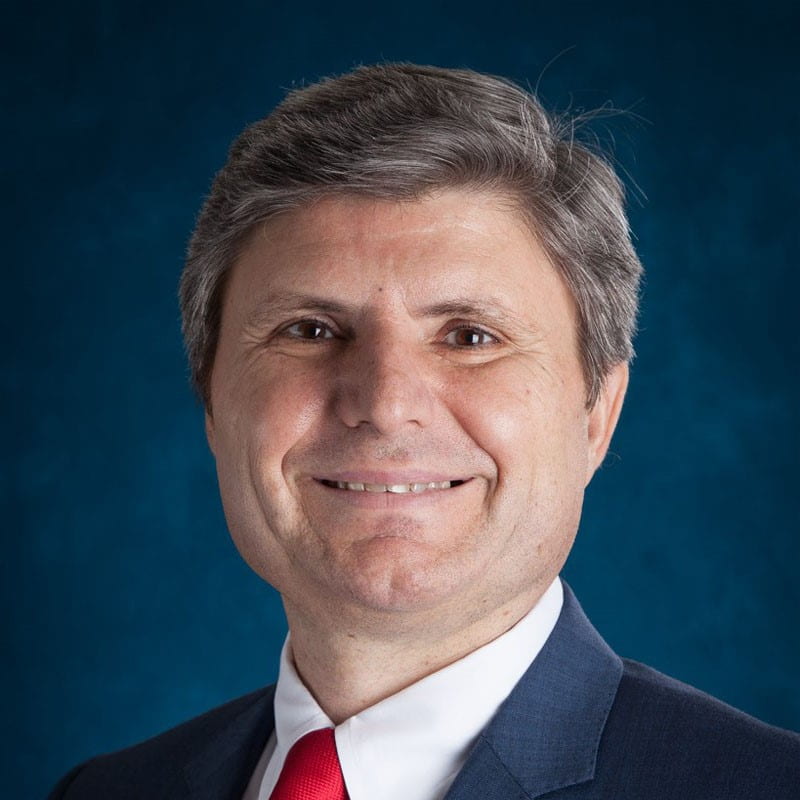
Ioannis A. Kakadiaris
University of Houston
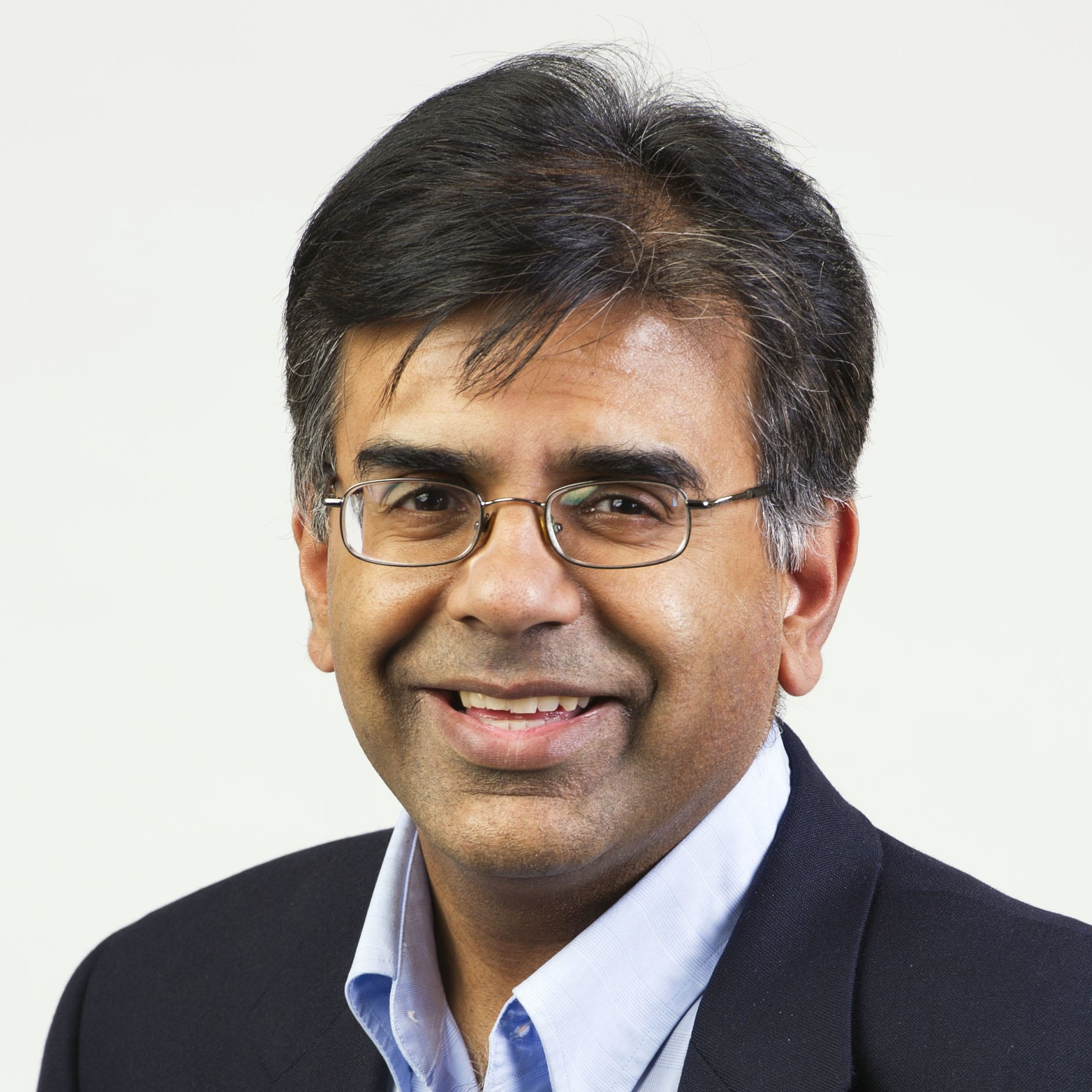
Mansoor Amiji
Northeastern University
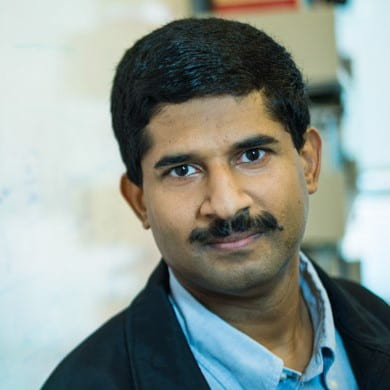
Ravi Sundaram
Northeastern University
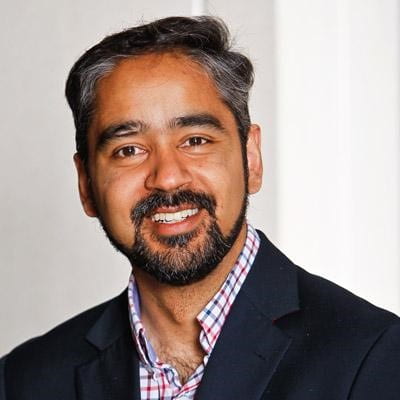
Muhammad Zaman
Boston University
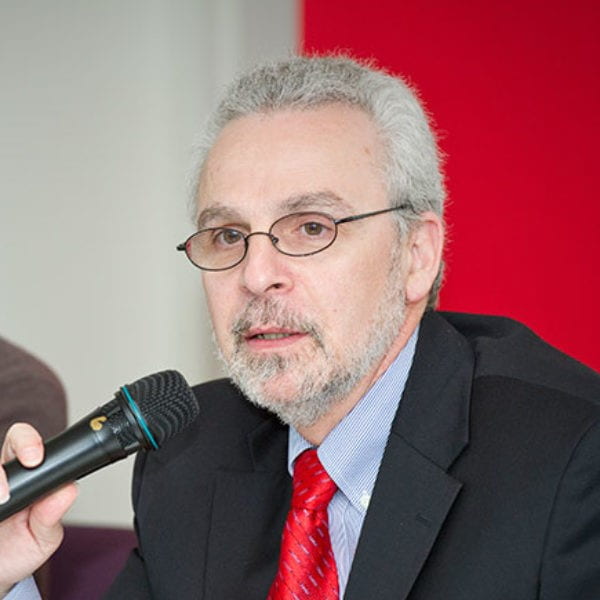
Nikos Passas
Northeastern University